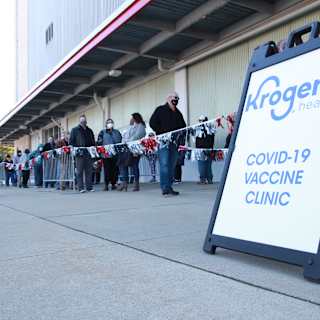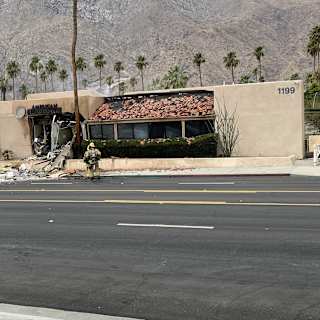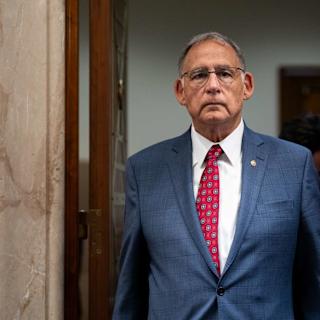- Foundation Accelerates Grant Distribution
- Additional Settlement Funds on Horizon
- Addressing the Crisis
The West Virginia First Foundation reported Monday that it has more than $302 million in investment assets and is accelerating the distribution of opioid settlement funds, with $8.5 million already disbursed to communities across the state and another $1.2 million expected to go out this month.
The foundation, created to distribute West Virginia's share of a landmark opioid settlement, provided the update during its second quarter meeting at Tamarack in Beckley as it approaches the close of the 2025 fiscal year. The organization has been tasked with distributing 72.5% of the state's opioid settlement dollars, which are expected to total around $1 billion.

Chief Financial Officer Anthony Woods told the foundation that disbursements from the Initial Opportunity Grant program are proceeding ahead of schedule. The program awarded $17 million to 94 projects statewide, with the first and second tranches of funding already complete1.
"We're very excited to continue to get funding out to these communities and these grantees," Woods said1.
The foundation's investment portfolio generated more than $7 million in income during May alone, with $555,167 in available cash-on-hand1. According to The Intelligencer, funding is being distributed across four key areas: 32.4% for drug diversion and interdiction programs, 23.5% for youth prevention and workforce development, 21.8% for child advocacy centers and neonatal abstinence syndrome programs, and 22.3% for transitional and recovery housing expansion1.
The foundation's resources are set to grow further with West Virginia poised to receive $53 million over the next nine years from a separate $7.4 billion settlement between the Sackler family and attorneys general nationwide1. Attorney General J.B. McCuskey announced in June that the state's allocation represents just 0.7% of the total settlement, but reflects "the disproportionate impact opioids have had on the State, its citizens, and its communities"1.
West Virginia has consistently reported the highest drug overdose mortality rate in the nation between 2014 and 20221. However, the state has seen progress, with the Department of Human Services reporting a 40% decrease in overdose deaths from January to October 2024 compared to the same period in 20231.
The foundation emerged from a 2023 memorandum of understanding involving all 55 counties and more than 220 cities, following settlements with Johnson & Johnson, Teva, Walgreens, CVS, Kroger, Walmart, Allergan and Rite Aid totaling $940 million2. So far, the state has received $290 million from these settlements1.



